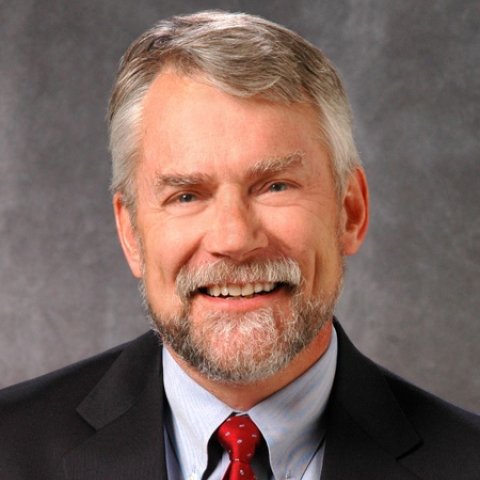Professional Affiliation
Director Emeritus, Sandia National Laboratories
Expert Bio
Over the past two years as a Global Fellow with the Wilson Polar Institute, Peter Davies has focused on framing research, planning and operational infrastructure needs in Arctic environments. In 2017, Davies retired from Sandia National Laboratories. For the last 18 of his 29 years at Sandia, he served in six Director positions including: Geoscience, Climate & Consequence Effects; Nuclear Energy & Fuel Cycle Programs; Homeland Security & Defense Systems; Laboratory Executive Staff Director; Nuclear Energy & Global Security Technologies; and Geoscience & Environment. Davies catalyzed five strategic mission initiatives -- Arctic Science & Security; Water for Energy; US Energy Resilience to Cyber Failure and Attack; Safe and Secure Expansion of Global Nuclear Power; and Supercritical CO2 Brayton Cycle. He also served as Director of the Geoscience Research Foundation. From 2001 to 2006, Davies served as the founding Director for Sandia’s Water Initiative, managing a cross-laboratory research and technology development program focused on water-infrastructure security, real-time water monitoring, water treatment & desalination technology, and cooperative decision modeling. Davies also engaged in a many facets of nuclear waste disposal, from the creation of our nation's first nuclear waste repository (the Waste Isolation Pilot Plant, which opened in 1999), to serving as a Steering Committee member on the 2018 Stanford University study "Reset of America's Nuclear Waster Management Strategy and Policy."
Project Summary
Dr. Davies will serve as a technical resource and facilitator for the Polar Institute. From his recent role as Director of the Geoscience, Climate & Consequence Effects Center at Sandia National Laboratories, and lead for the Sandia Arctic Science and Security Initiative, he is intimately familiar with a broad range of Arctic research (Arctic scientific facilities; climate modeling; infrastructure risk and decision analysis) and will facilitate bringing Sandia's Arctic work and it's people to Wilson Initiative. He will also collaborate in working broader institutional relationships, Wilson workshops and other communications activities.
Insight & Analysis by Peter Davies
- Publication
- Polar
The High Arctic Research Center Concept: Year-Round, Multi-Domain Access for Research, Development and Domain Awareness in the North American Arctic


